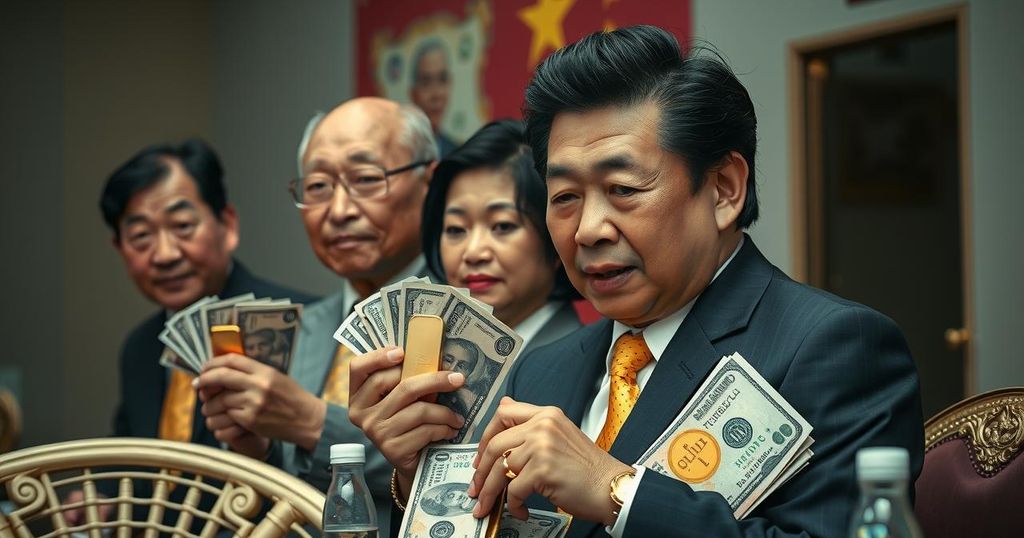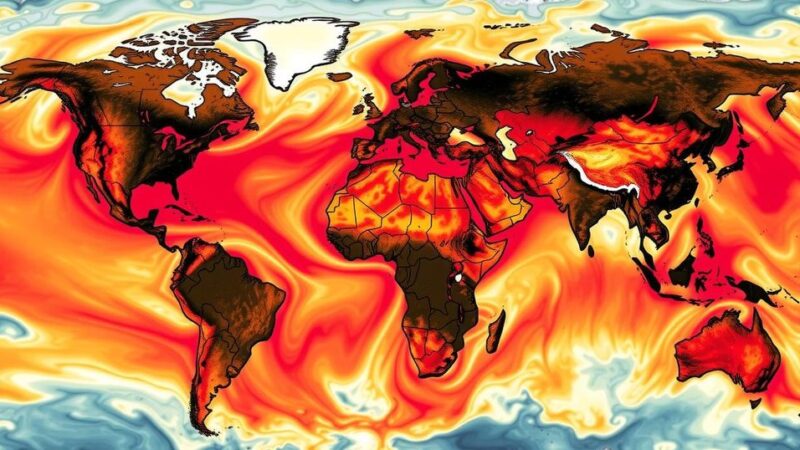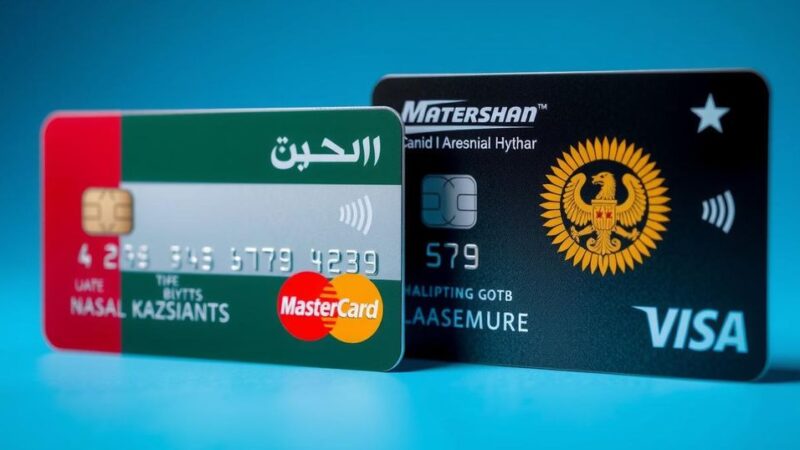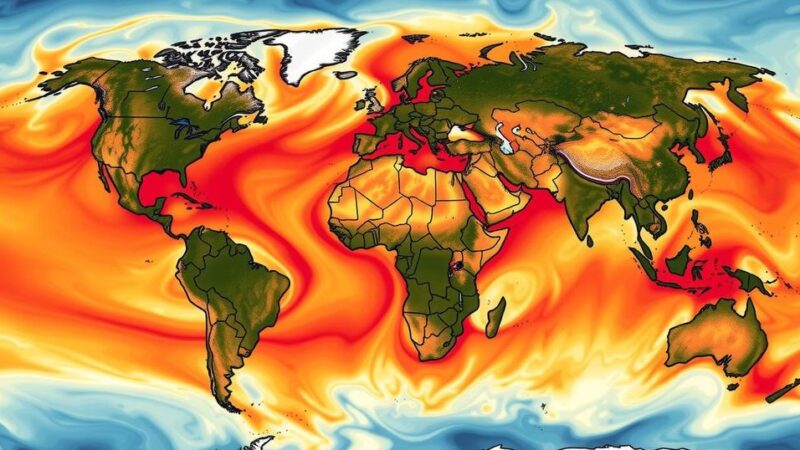Three Chinese nationals were arrested in eastern DRC with 12 gold bars and $800,000 in cash hidden in their vehicle. This action followed concerns regarding illegal mining operations and reflects the ongoing instability fueled by militia control over mineral resources. Governor Jean Jacques Purusi highlighted the challenges of reforming the mineral sector, especially following the controversial release of previously arrested Chinese nationals.
Three Chinese nationals have been arrested in the eastern region of the Democratic Republic of Congo (DRC) after authorities recovered 12 gold bars and $800,000 in cash concealed within their vehicle. Governor Jean Jacques Purusi of South Kivu province reported that the operation was conducted discreetly following the recent controversial release of another group of Chinese individuals implicated in illegal mining operations in the area. Eastern DRC is rich in gold, diamonds, and other valuable minerals, a fact that has historically attracted foreign exploitation and contributed to longstanding regional instability.
Militia groups, often supported by illegal dealers in precious metals, retain control over many of the mines, generating considerable wealth while maintaining connections with influential figures in Kinshasa, the capital. Governor Purusi indicated that the arrests were prompted by a tip-off and emphasized the necessity for secrecy due to concerns over the involvement of powerful individuals in the illegal mining sector.
In addition to the arrests, the governor highlighted the disheartening situation surrounding the release of 17 Chinese nationals who were suspected of managing an illegal mining operation and who reportedly owed $10 million in taxes and fines to the DRC government. The Chinese embassy has refrained from commenting on the recent arrests.
This incident coincides with ongoing fighting in neighboring North Kivu province, where a militia group, allegedly backed by Rwanda, has seized significant territory. Notably, the DRC government has initiated legal action against Apple for their alleged use of conflict minerals, asserting that these resources have been linked to human rights abuses, environmental degradation, and violence perpetuated by armed groups.
The situation in the Democratic Republic of Congo regarding its mineral wealth is complex and deeply intertwined with issues of governance, foreign exploitation, and conflict. The region is rich in natural resources, including gold and other minerals essential for technology. However, historical mismanagement and exploitation have led to persistent instability and violence, often driven by local militia groups that control key mining areas. These issues have garnered international attention, emphasizing the need for ethical sourcing practices to mitigate the abuse linked to resource extraction in conflict zones. Recent legal actions against multinational corporations highlight ongoing concerns regarding the responsibility of global supply chains in contributing to local crises.
In conclusion, the arrest of the three Chinese nationals in the DRC underscores the ongoing challenges associated with illegal mining and the exploitation of the country’s rich mineral resources. The discreet nature of the operation and the broader implications of militia control and foreign involvement highlight the intricate relations between local governance, international commerce, and human rights issues within the region. As the DRC continues its struggle to reform its mineral sector, vigilance and transparency will remain pivotal in confronting these complex challenges.
Original Source: www.bbc.com







